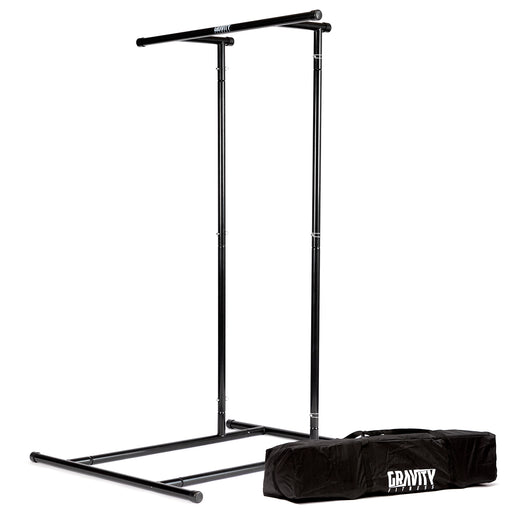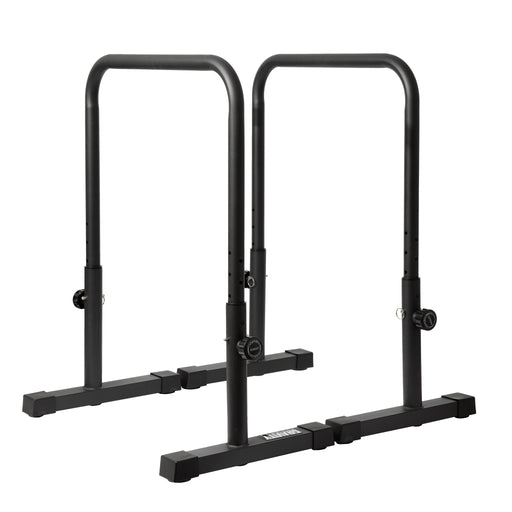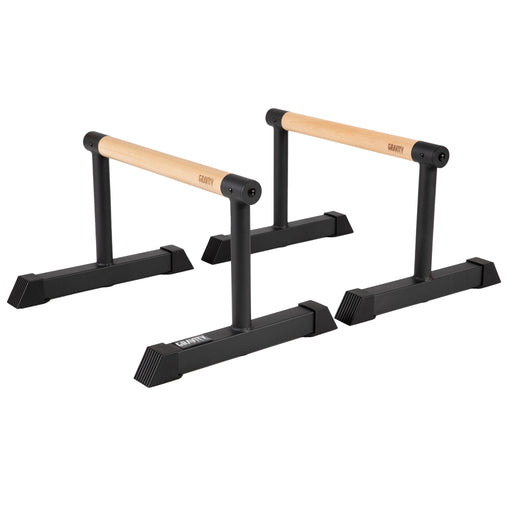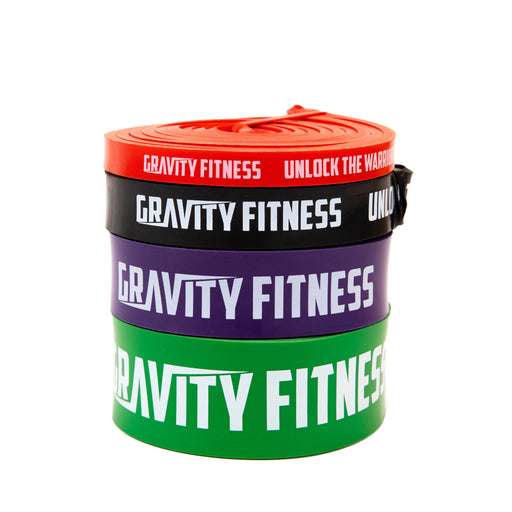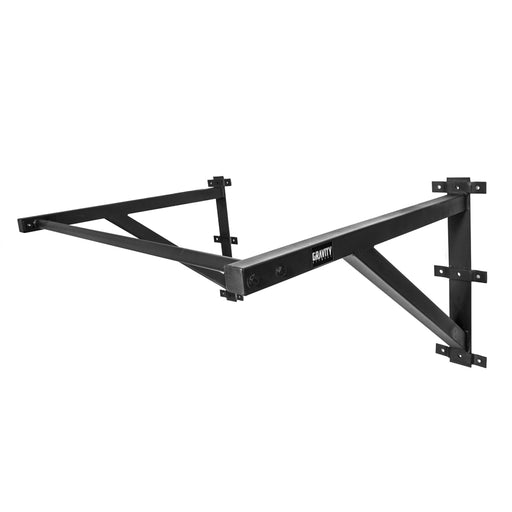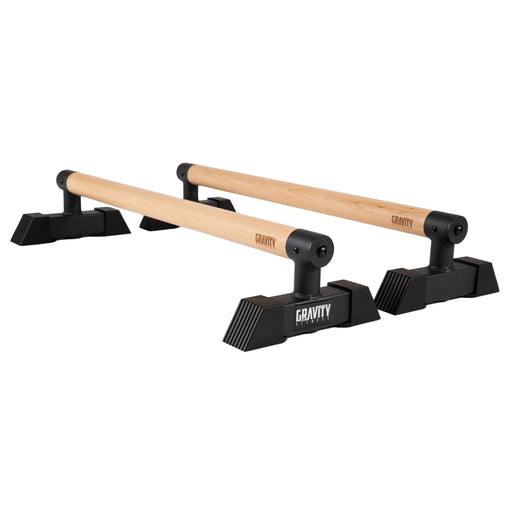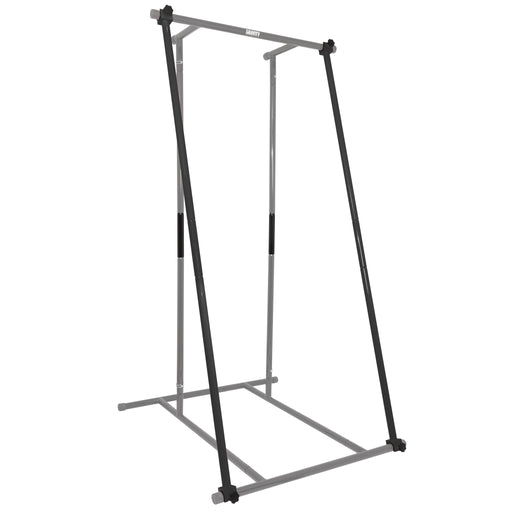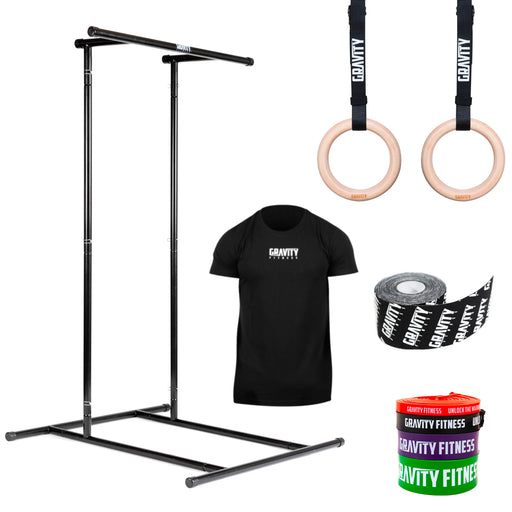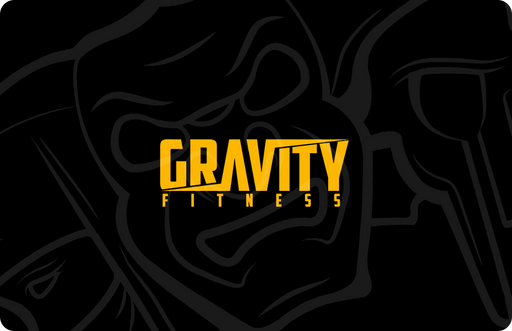Should you train calisthenics in the morning or the evening?
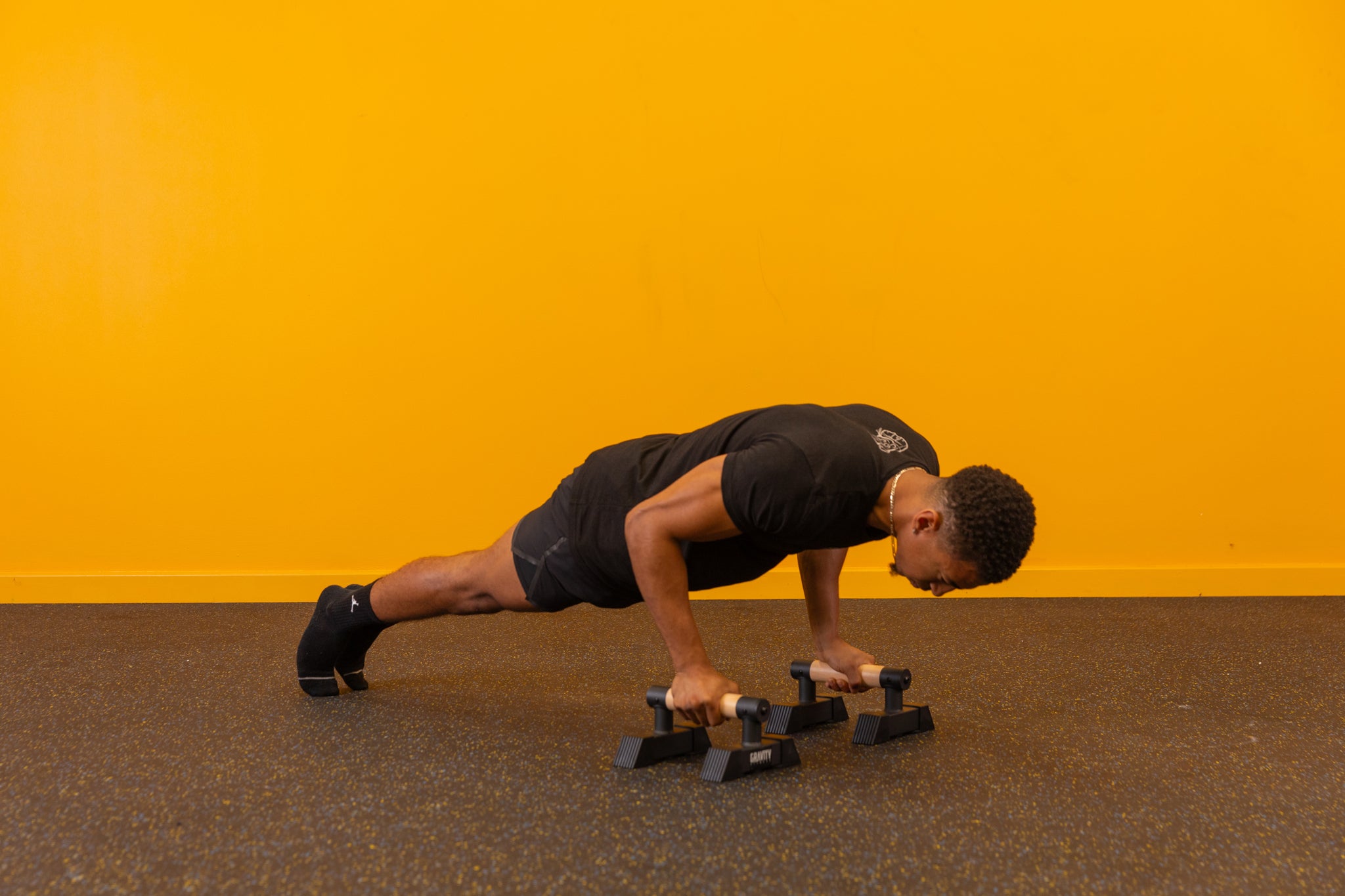
Should you train calisthenics in the morning or the evening?
Is it better to train calisthenics early or late in the day? Let’s look at what the science says about optimal training times for calisthenics athletes.
When is the best time to do calisthenics workouts?
Whatever style of training you do, you’ve probably wondered if there’s an optimal time of day to train. But when it comes to calisthenics, you need to be thinking about your energy levels, mobility, strength, and mental concentration.
Everyone has their own anecdotal theories about when it’s best to train calisthenics. We’re going to look at what the science says, so you can understand the benefits and practical considerations for morning and evening calisthenics.
Benefits of training calisthenics in the morning
Many people find that training in the morning sets them up for the day, boosting their energy and mood and leading to healthier food choices. Training in the morning also gets it done, so the rest of your schedule can’t get in the way.
Pros and cons of training calisthenics in the morning
- Many hormones are at their highest levels in the morning (including cortisol and testosterone).
- Exercise boosts your physical and mental energy.
- Training at the start of the day may lead you to make healthier food choices.
- Training early may lower your blood pressure.
- People who train in the morning tend to be more consistent.
- If you travel to the gym, this may mean you get some steps and sunlight in the morning.
But on the downside, you may feel stiff in the morning and take longer to warm up (especially as you get older), and you may have lower energy stores than later in the day.
Benefits of training calisthenics later in the day
For every person who swears by morning training, you’ll find someone who says they do better training after work. Training later in the day may mean you’re warmed up and have had time to digest more food. And it’s a great opportunity to get rid of stress and unwind after your day.
Pros and cons of training calisthenics in the evening
- Muscular strength and power are at their peak in the evening
- You are likely to have eaten more food compared to morning workouts
- Mobility and flexibility are higher later in the day
- Evening exercise can lower cortisol and lead to better sleep
- Great as a stress-busting full-stop after the working day
But on the downside, evening training depends heavily on your energy output and stress levels during the day. You’ll need to be organised with nutrition and hydration. And it could interfere with your evening plans.
Nutrition tips for morning and evening calisthenics workouts
Whatever time you choose to train calisthenics, think about simple nutrition strategies to support your sessions. You want to head into your session feeling strong and energised, but not weighed down by food.
For morning training, have a small snack 30-60 minutes before you start. This should be a combination of protein and carbs, plus some fluids. Fruit and a protein yoghurt, or a bagel thin and a protein shake are just some ideas.
For evening training, you may want to have a larger meal at lunch and then that small snack around 60 minutes before training. By shifting your main meal of the day to lunchtime, you can have a smaller meal after training which won’t interfere with sleep.
How to fit calisthenics training into your daily schedule
There are pros and cons to every choice of training time. So the best time to train is the time that works for you. This doesn’t just mean when you feel at your best. It also means the most convenient time for your schedule, your family, your work, and other obligations.
If you’re not sure whether you’re a morning or evening exerciser, try both for at least a week. Keep a note of your energy levels, motivation, stress, how strong and powerful you feel during training, and how the session impacts sleep and appetite.
The aim is to find the training time that helps you stay consistent over the long term. So think about the patterns of your life regarding work, shifts, and social events. Stick to the training time that makes you feel best, that supports the rest of your week, and that you know you can stick to 99% of the time.


















